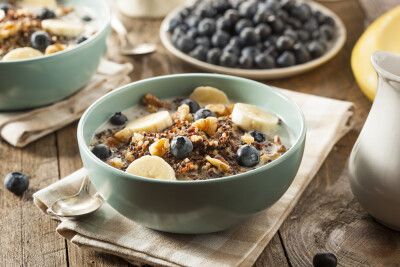Two days of high-sugar diet increases risk for IBD
Short-term increases in sugar consumption could increase the risk of inflammatory bowel disease (IBD), according to a new study by researchers at the University of Alberta in Edmonton, Alberta, Canada, and published in the journal Scientific Reports.
In the study, researchers placed female mice on either a standard chow diet or a 50 percent sucrose high sugar diet for a period of two days. Fiver content was five percent cellulose and 5.3 percent crude fiber in the high sugar and chow diets, respectively. The researchers examined body weight, stool consistency, and fecal occult blood daily. Mice from the same litter were randomized to separate cases and groups and each experiment was repeated twice.
The researchers, led by Karen Madsen, PhD, lead author of the study who specializes in diet and its effects on IBD, found that mice had an increased susceptibility to chemically induced colitis and more severe symptoms after the a high-sugar diet compared with those eating a balanced diet.
The results echo what many patients with colitis have been saying for a long time, she said, in that small changes in the diet can make symptoms flare up. This comes down to gut bacteria and the impact food has on them, Madsen said.
Fiber-rich foods act as fuel for the "good" bacteria that live in the gut and produce short-chain fatty acids, which are critical for an efficient immune response. Eating high-sugar diets and decreasing intake of fiber feeds "bad" microbes, such as E. coli, that are associated with inflammation and a defective immune response, Madsen said.
The study showed that the mice on the high-sugar diet had greater intestinal tissue damage and a defective immune response. These problems were alleviated when their diet was supplemented with short-chain fatty acids normally produced by good bacteria.
Follow-up studies could pave the way to possibly using short-chain fatty acids as dietary supplements, Madsen said.
"Changing someone's diet is one of the hardest things to do, even if you tell them that it will fix their health problems," she said. "People want to eat what they want to eat, so short-chain fatty acids could possibly be used as supplements to help protect people against the detrimental effects of sugar on [IBD]."




















SHARE